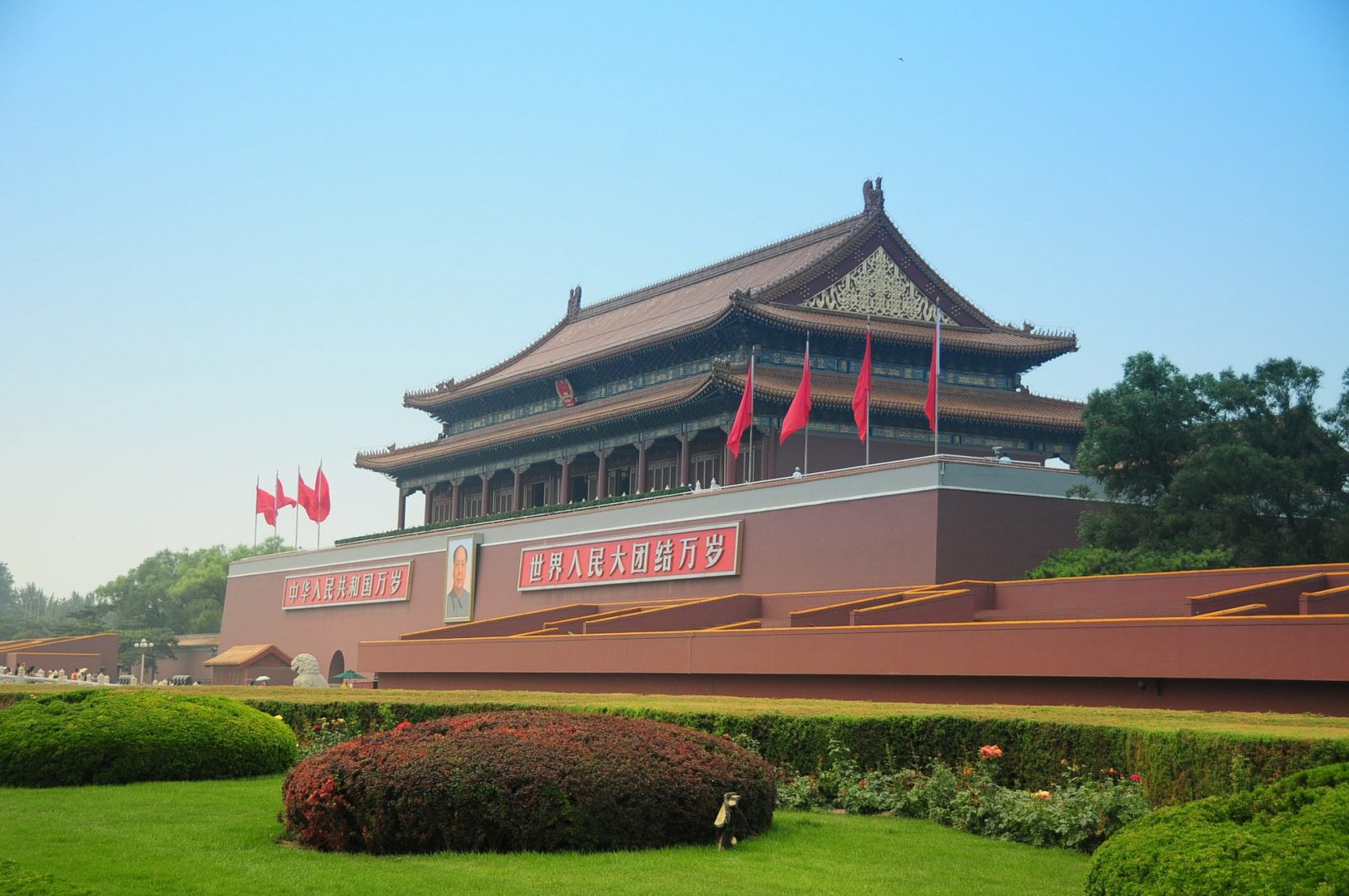 For the third time this decade, western media reports are projecting China’s economic slowdown, predicting its economic stagnation and dreaming of its economic downfall. During the 2008 crisis, it was anticipated that financial stagnation would shatter China’s growth. In 2011, after the announcement of America’s ‘Pivot to Asia’, this dream was revived. And now once again, American media, policymakers and economists are talking up China’s economic downfall. Undoubtedly, after growing for three consecutive decades, China’s economy is facing a tough time due to several reasons. While it has indeed been slowing down, the most fundamental question in this regard is whether China will emerge intact from this fiscal tightening or will end up like the Soviet Union. To answer this question, it is necessary to examine China’s economic growth, analyze the challenges that are impeding its economy for its future, and review its much talked about prospects of defining the global financial system.
For the third time this decade, western media reports are projecting China’s economic slowdown, predicting its economic stagnation and dreaming of its economic downfall. During the 2008 crisis, it was anticipated that financial stagnation would shatter China’s growth. In 2011, after the announcement of America’s ‘Pivot to Asia’, this dream was revived. And now once again, American media, policymakers and economists are talking up China’s economic downfall. Undoubtedly, after growing for three consecutive decades, China’s economy is facing a tough time due to several reasons. While it has indeed been slowing down, the most fundamental question in this regard is whether China will emerge intact from this fiscal tightening or will end up like the Soviet Union. To answer this question, it is necessary to examine China’s economic growth, analyze the challenges that are impeding its economy for its future, and review its much talked about prospects of defining the global financial system.
The Chinese economy witnessed the most rapid growth rate in the world since 1978 after the introduction of economic reforms under the leadership of Deng Xiaoping. The average annual GDP growth rate was approximately 10% from 1978 to 2007. However, from 2008, growth has gradually been slowing down. It was 14.2% in 2007 but fell to 9.6% in 2008 and 9.2% in 2009; it increased to 10.4% in 2010, only to depreciate again to 7.8% in 2012, 7.3% in 2014 and 6.8% in 2015 respectively. These numbers reflect the economic direction of the Chinese economy from a broader point of view. This slowing down of economic growth might be temporary, but it cannot be ignored in the context of a highly competitive global market.
Economists like Minxin Pei believe that in the coming years, China’s economic growth will not only decrease but that trends are indicative of a looming recession. The slowdown means that there is also a decline in demand for Chinese products in the global market, so their market is shrinking. Chinese companies are undergoing a tough financial period, shedding jobs among more severe challenges that lie ahead.
China’s predicament is indicative of major elements that are causing the slowdown of the growth rate. These emerging challenges include, but are not exclusive to, an ageing population, shedding jobs, rising wages, an ongoing trade and technology war with the West led by America, long term inflation, accumulation of economic bubbles, variation in economic growth areas, climate change and its impact on the market for energy resources. According to reports from the Business Insider, the Chinese economy is facing challenges of long term inflation, rebalancing deficit, a weak banking sector, growing national debt, an underdeveloped financial system, an overall slowdown in economic growth, rising social costs as government revenue declines, environmental challenges and above all, more global economic competition (particularly in reference to the trade war with America).
Economists including Pei, argue that these emerging challenges to China’s growth are affecting the Chinese economy in multiple dimensions. Firstly, economic growth is in slowdown because of the ongoing trade war. There are no assured dynamics of this conflict, and if it continues for an uncertain period, then China’s economy will haemorrhage internally as well as externally. In the face of this escalated war, it is tough for any economy to maintain its pace.
Secondly, China has no proactive mechanism to counter a slowing economy, which is one of the reasons it suffered during the East Asian recession of the 1990s; though, to a small extent, it was because of the boom and bust cycle. For instance, in Russia, Putin has framed a mechanism to cushion a sudden economic shock, which is why it remained stable compared to other countries in the 2008 economic crisis.
Thirdly, the internal economic structure is too weak to meet contemporary economic challenges. For instance, the absence of a sound mechanism to reduce debt, a weak stock exchange market, long term inflation and vagaries of the international market make it clear that China’s financial structure is deteriorating and is unable to meet current economic challenges.
Finally, energy and global market competition are affecting Chinese economic growth on an unprecedented level. In case of energy, China is facing extreme international pressure for reducing carbon emissions due to global warming and climate change, structured around its own commitments to do to set out in the Paris Agreement.
Western media and policy circles are predicting that China is going to face its worst ever recession in the near future, comparing China’s fate with the Soviet Union, in the process. The first part of the claim that China will face its worst recession is rational because every economy undergoes the ‘boom and bust’ cycle according to the principles of the market economy. However, the second part of the claim which compares China’s fate with the USSR is nothing but illusory, for these reasons. Firstly, when a state achieves a certain threshold of national power, particularly hard and economic power, it becomes almost impossible that the said great power is destined to disintegrate. Secondly, the internal ethnic composition of society usually puts the country on an unstable course, but China’s biggest ethnic group is the Han, comprising 91% of its population; this ensures stability rather than instability. Finally, it is the level of technological advancement and the extent of penetration in global trade networks that determine the direction of a country’s fate. In this case, China’s penetration into the global trade network is deeper than any other state as its technological advancement is set to exponentially enhance its repertoire and perhaps surpass that of America in the near future.
Therefore, in coming times, China’s economy may go through its worst recession, but western dreams of another Soviet Union will never be materialized as made clear by reasons mentioned above.
Khaqan Ahmad is a Research Associate at the Centre for Strategic and Contemporary Research (CSCR)
![]()




Be the first to comment